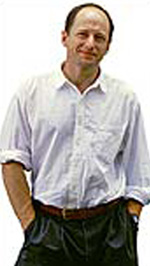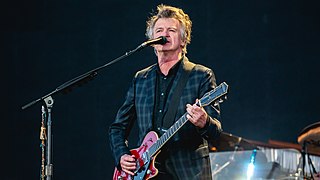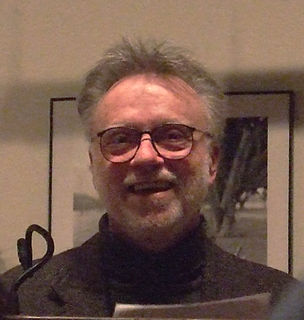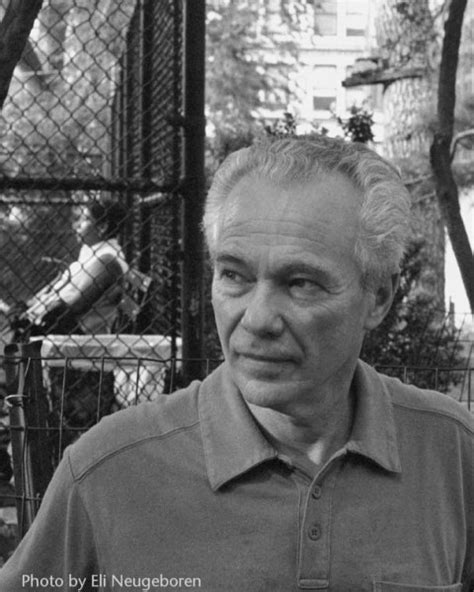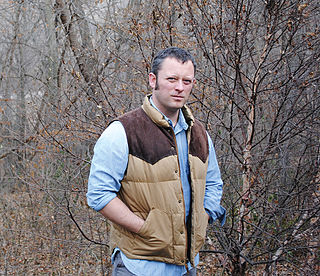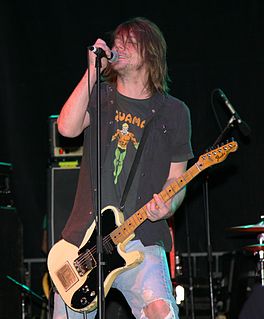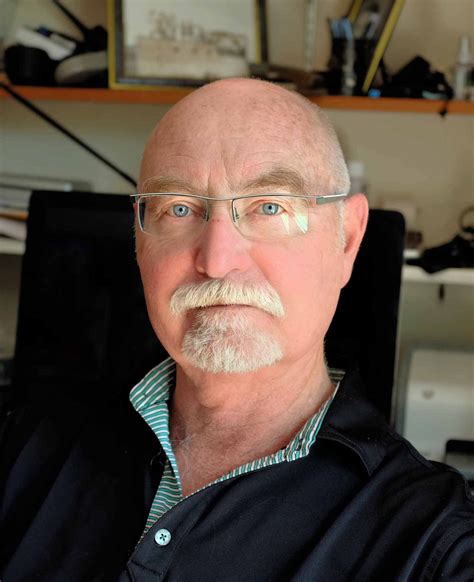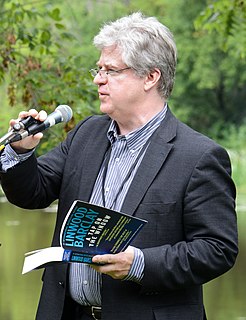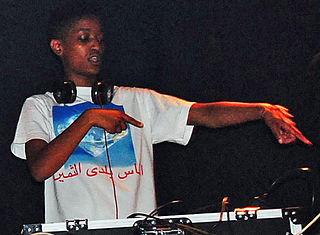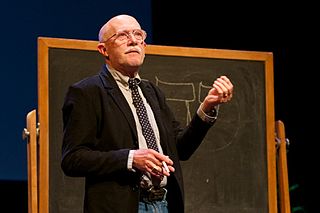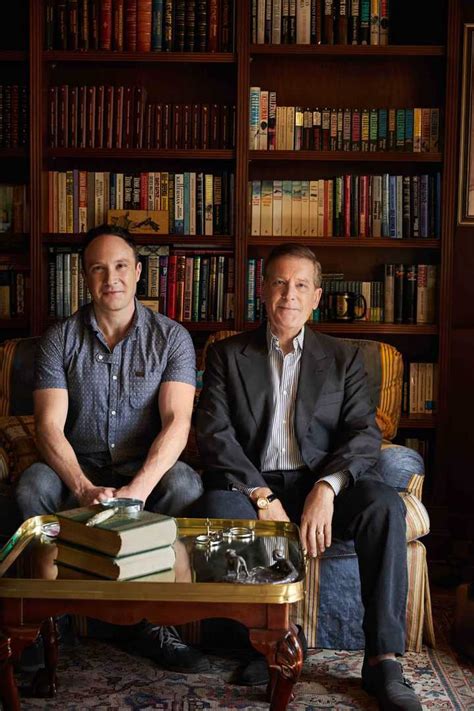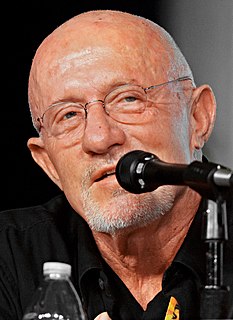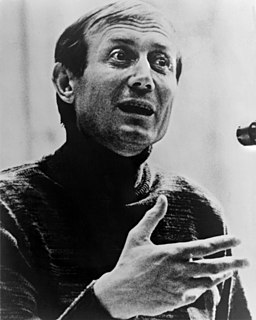Top 1200 Mystery Novels Quotes & Sayings
Explore popular Mystery Novels quotes.
Last updated on April 15, 2025.
In Pakistan, many of the young people read novels because in the novels, not just my novels but the novels of many other Pakistani writers, they encounter ideas, notions, ways of thinking about the world, thinking about their society that are different. And fiction functions in a countercultural way as it does in America and certainly as it did in the, you know, '60s.
If you need to visualize the soul, think of it as a cross between a wolf howl, a photon and a dribble of dark molasses. But what it really is, as near as I can tell, is a packet of information. It's a program, a piece of hyperspatial software designed explicitly to interface with the Mystery. Not a mystery, mind you - the Mystery. The one that can never be solved.
I believe there is something of the divine mystery in everything that exists. We can see it sparkle in a sunflower or a poppy. We sense more of the unfathomable mystery in a butterfly that flutters from a twig--or in a goldfish swimming in a bowl. But we are closest to God in our own soul. Only there can we become one with the greatest mystery of life. In truth, at very rare moments we can experience that we ourselves are that divine mystery.
Human beings are like detectives. They love a mystery. They love going where the mystery pulls them. What we don't like is a mystery that's solved completely. It's a letdown. It always seems less than what we imagined when the mystery was present. The last scene in `Blow Up' is so perfect because you leave the theater still dreaming. Or the end of `Chinatown,' where the guy says `Forget it, Jake, it's Chinatown.' It explains so much but it only gives you a dream of a bigger mystery. Like life. For me, I want to solve certain things but leave some room to dream.
But though every created thing is, in this sense, a mystery, the word mystery cannot be applied to moral truth, any more than obscurity can be applied to light. ... Mystery is the antagonist of truth. It is a fog of human invention, that obscures truth, and represents it in distortion. Truth never envelops itself in mystery, and the mystery in which it is at any time enveloped is the work of its antagonist, and never of itself.
Crime novels have a clear beginning, middle, and end: a mystery, its investigation, and its resolution. The reader expects events to play out logically and efficiently, and these expectations force the writer to spend a good deal of time working on macrostructure rather than prettifying individual sentences.
I believe in one secret and ineffable Lord; and in one Star in the Company of Stars of whose fire we are created, and to which we shall return; and in one Father of Life, Mystery of Mystery, in His name Chaos, the sole viceregent of the Sun upon the Earth; and in one Air the nourisher of all that breathes. And I believe in one Earth, the Mother of us all, and in one Womb wherein all men are begotten, and wherein they shall rest, Mystery of Mystery, in Her name Babalon.
The answer is never the answer. What's really interesting is the mystery. If you seek the mystery instead of the answer, you'll always be seeking. I've never seen anybody really find the answer, but they think they have. So they stop thinking. But the job is to seek mystery, evoke mystery, plant a garden in which strange plants grow and mysteries bloom. The need for mystery is greater than the need for an answer.
I've done an incredible amount of painters. It's an area, for me, where there's more mystery left. I've photographed so many musicians, I've been in studios so often, I know the whole process. The mystery's gone from it. I think it's important to keep mystery into our lives. There's a longing connected with it.
